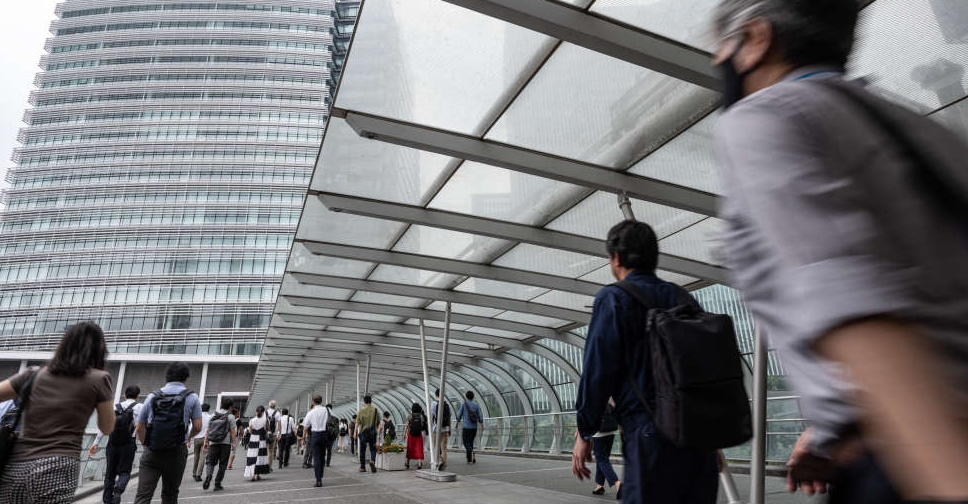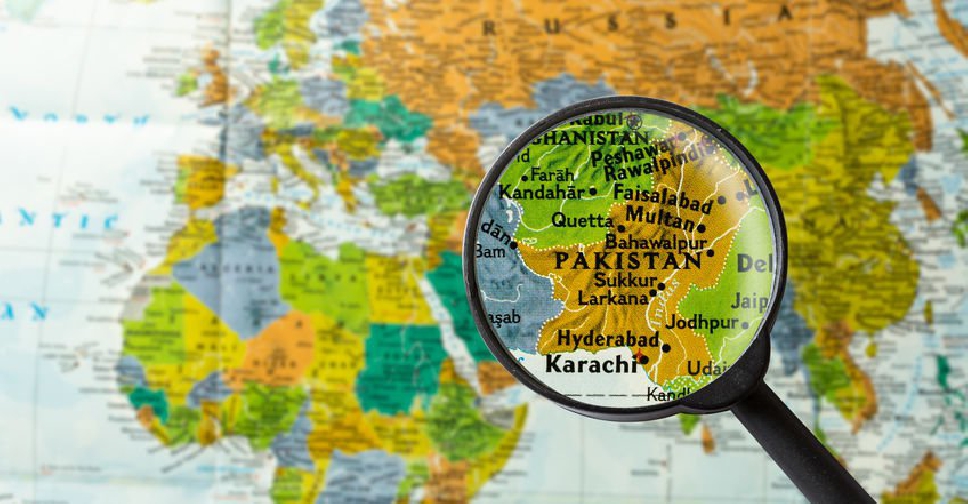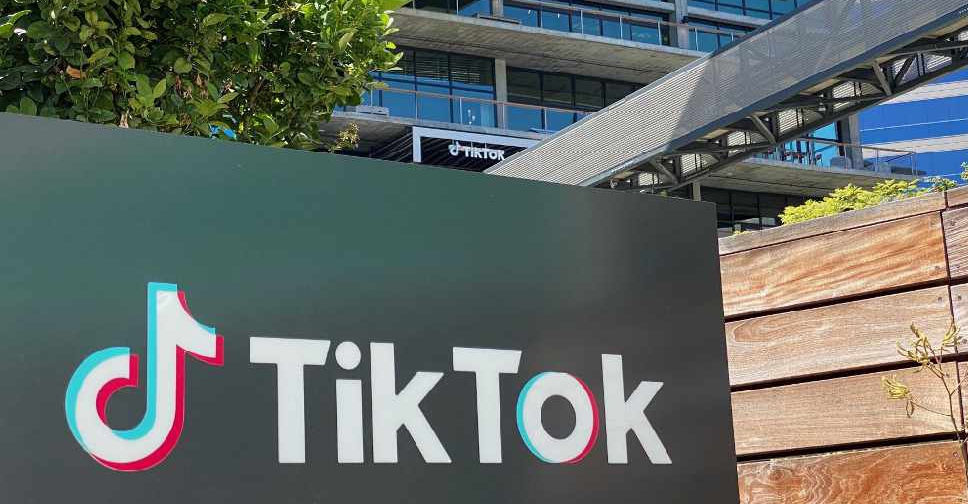
Japan's central bank this week raised interest rates for the first time in 17 years and scrapped its negative rates policy.
While the move is more symbolic than anything else - rates remain pinned near zero - it has nonetheless opened the door to something Japan hasn't seen in decades: a world where it will cost more to borrow money.
Now, millions of Japanese, from small business owners like Kanoh to first-time homebuyers, are sizing up how to adapt to higher borrowing costs after the long, lean years of deflation, when prices, wages and the cost of money changed little.
How they cope will have vast implications in an economy where small and medium-sized companies employ some 70 per cent of the workforce and private consumption accounts for more than half of the gross domestic product.
Kanoh worries about the potential pace of rate increases. Too much too quickly and Japan won't be able to adapt, he said.
His company, Shinshi Co., has about 100 million yen in loans now, but that's at a fixed rate.
Even on a smaller loan of about 10 million yen, the difference between 3 per cent and 1 per cent would be considerable, with the annual interest payment on 3 per cent equivalent to an one employee's monthly salary, he said.
DEFLATION PLAYBOOK
Japanese companies and households have long stuck to a deflation playbook: hoard cash and cut costs. That left the economy in a vicious cycle of stop-start growth and flat-lining wages.
Shaking off that deflationary mindset, may prove difficult, even as prices, and some wages, go up.
While big companies are now giving some of the largest pay increases in decades, it's less clear how much will trickle down to smaller firms.
Around 60 per cent of Japanese firms expect rates to rise to 0.25 per cent by the end of the year, a Reuters survey showed on Thursday. Many said they are looking to front-load spending before borrowing costs rise.
Some business owners, especially those reliant on imports, hope interest rates could finally put a floor under the weak yen. The currency's chronic sell-off has driven up the cost of food and fuel.

 Mubadala partners with Actis to invest over $350 million in Rezolv Energy
Mubadala partners with Actis to invest over $350 million in Rezolv Energy
 World Bank approves $700 million for Pakistan's economic stability
World Bank approves $700 million for Pakistan's economic stability
 China's ByteDance signs deal to form joint venture to operate TikTok US app
China's ByteDance signs deal to form joint venture to operate TikTok US app
 India reviewing allegations of antitrust breaches by IndiGo
India reviewing allegations of antitrust breaches by IndiGo
 DXB and DWC boost winter schedules with new routes
DXB and DWC boost winter schedules with new routes




